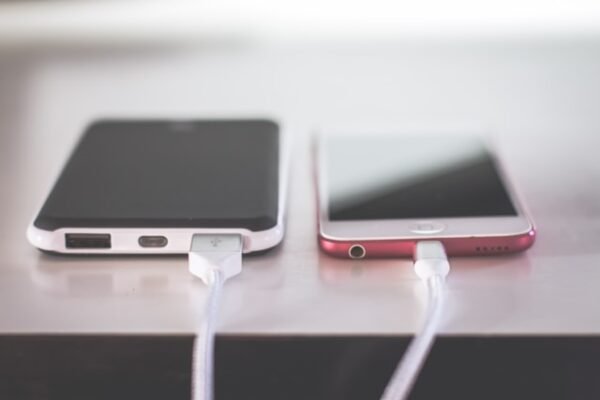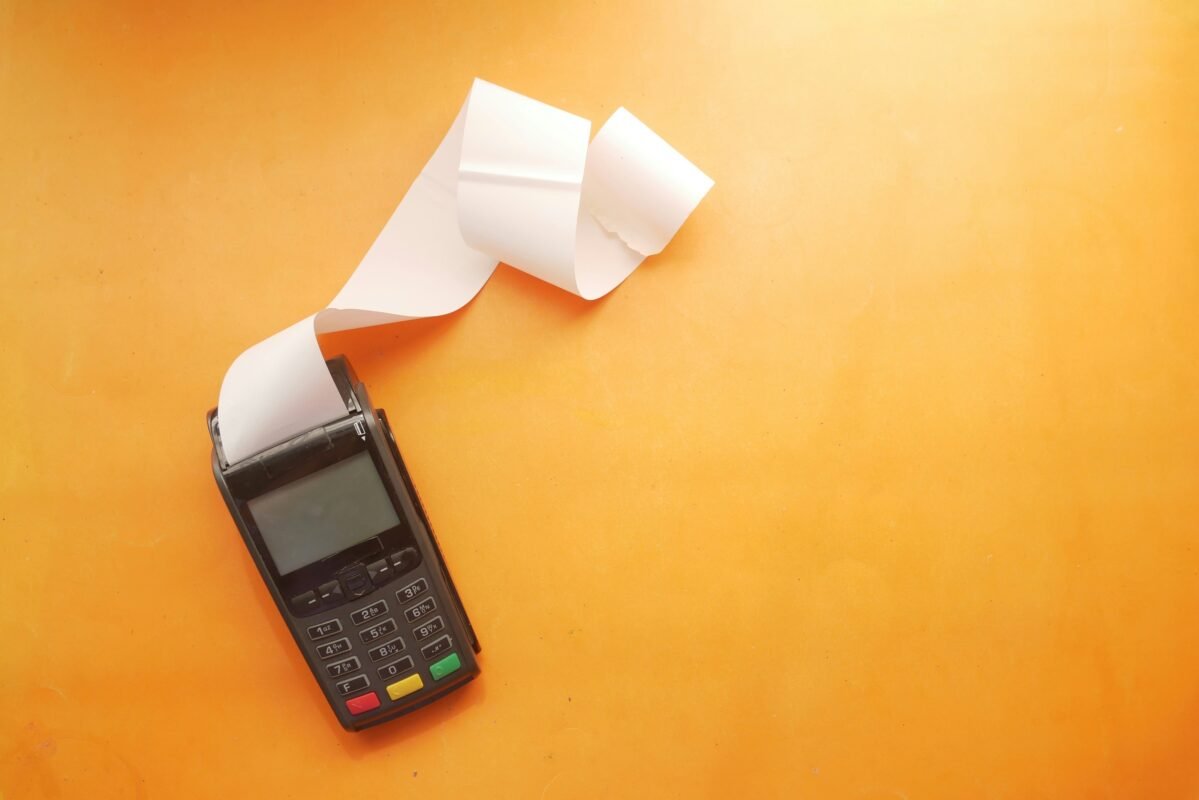Becoming Acquainted With Solar Panel Prices In Nigeria
Here in Nigeria, we are faced with a unique challenge, which is an unreliable national grid despite a growing demand for electricity. This has led to a surge in interest in alternative energy solutions, with solar power leading the charge.
But a critical question remains for many of us, what is the price of solar panels in Nigeria?
This comprehensive guide delves into solar power prices in Nigeria. We’ll explore the various factors influencing the cost of solar power, provide estimated price ranges for different system sizes, and offer some insights into navigating the market for the best value.
Factors Influencing Solar Power System Prices in Nigeria
Solar panel price in Nigeria is influenced by several key factors, let’s take a look at some of them.
System Power (Wattage)
The amount of electricity you need determines the system size you will install, it is measured in watts, kilowatts or kW, and megawatts or MW.
Larger systems, capable of powering entire homes naturally cost more compared to smaller setups suitable for basic charging and lighting.
To power an average house in Nigeria for 24 hours, it typically requires about 5-10kW of electricity, depending on the number of appliances, their power consumption, and how often you use them during the day.
Solar Panel Efficiency
Solar panels have varying efficiencies, indicating how effectively they convert sunlight into electricity. High-efficiency panels require fewer panels to achieve the desired output, but they typically come at a slightly higher price point.
Solar Inverter Price
Inverter prices vary depending on their power output capacity. A 1.5kva inverter, suitable for smaller systems, will be less expensive than a 5kva inverter needed for powering a larger home.
Battery Capacity
Adding batteries allows for nighttime energy use and power backup during power outages. However, battery capacity significantly impacts overall system cost, i.e. the higher the capacity of your batteries the more it costs.
It is in fact, one of the most costly components in a solar power system. 60Ah to 100Ah batteries are commonly used to power average-sized systems, packed in twos or threes and connected in either parallel or series to get the desired power output you need.
While 200Ah and above capacity batteries are used for larger systems.
Installation Costs
Professional installation by a certified solar technician is highly recommended for safety and optimal system performance. Installation costs vary based on system complexity and location.
It requires many things to be done professionally, e.g. mounting the solar panels on a rooftop, electrical wiring, and helping you calculate the right wattage for your home.
Brand and Quality
Solar panels, inverters, and batteries come from various brands with varying quality levels. Premium brands and higher-quality components typically carry a higher price tag.
How To Buy Solar Panels In Nigeria
With these factors in mind, here’s how to strategically navigate the solar power market in Nigeria:
Research – Extensive research is crucial. Identify reputable solar power companies in Nigeria by checking online reviews, certifications, and project portfolios.
Compare Prices – Request quotes from multiple vendors to compare pricing for different system configurations based on your needs.
Consider Long-Term Savings – While the initial investment might seem high, factor in the significant reduction in your electricity bills over the lifespan of a solar power system.
What Is The Price Of Solar Panels In Nigeria In 2024
Here are some of the ranges of solar prices to expect in 2024, to give you a better idea of the cost of the different solar products available in the market;
Mini Solar Kits (₦35,000 – ₦75,000)

Mini solar kits are ideal for basic applications like powering a few lights, a mobile phone charger, or a laptop. These entry-level solar power systems typically range from ₦35,000 to ₦75,000, and they often include a small solar panel, an inverter and a battery housed within the kit.
You can look up Vsonic’s solar products to see updated prices of different solar power kits.
Average Solar Panel Systems (₦150,000 – ₦300,000)
An average solar panel system is one that caters to a wider range of needs, including powering essential appliances like refrigerators, fans, and basic lighting.
These systems typically fall within the ₦150,000 Naira to ₦300,000 Naira range and may include multiple solar panels (around 100W – 350W each), a solar inverter (around 1.5kva – 3.5kva), and deep cycle batteries, usually within the 100Ah to 200Ah capacities.
This is often more suitable to single apartments with simple electronic devices like a Smart TV and Small Fridge.
Large Solar Power Systems (2 Million Naira and Above)
Large solar power systems cost about 2 million Naira or more to set up and install, the bigger the wattage capacity the more costly it is. It caters to the needs of entire households, powering a wide range of appliances and electronics.
These systems are ideal for those seeking complete energy independence or with significant electricity requirements.
Other Costs When Using Solar Power
Installation Costs
Besides buying the solar components, there is an additional cost for the installation of the solar panel system. This is where professional solar installers work on mounting the panels to the roof of your home and connecting the wiring of the whole system.
Installation costs might vary based on location and expertise and the complexity of the system being installed.
Maintenance
Regular maintenance is very important wherever solar power is involved, it ensures optimal system performance. One should factor in potential cleaning and servicing costs, and the replacement of faulty components.
Conclusion
Solar power offers a reliable and sustainable alternative to traditional energy sources in Nigeria. While the upfront cost may seem high, the long-term benefits are immense, including significant savings on electricity bills, energy independence, and a positive impact on your environment, because of the lack of noise and pollution.
There are often several payment options in the market for solar power products, most sellers often have a buy-now-pay-later program, where customers can purchase the product on a sort of loan plan and pay gradually, or simply ‘later’.
Others though, have a pay-as-you-go model, where customers pay a monthly fee for the solar system’s use. These payment models make solar-powered systems even more accessible and a great option to consider for any income level.
Remember to take note that solar panel prices and solar inverter prices presented in this article can change drastically, prices are based on carefully researched current market prices at the time of writing.
If you are wondering where to buy solar panels in Nigeria, you can try exploring the local markets near you, or find a reputable online seller such as Vsonic. It is A general-purpose online electronic store that has a huge reputation for having a wide array of solar power products.
By carefully considering your needs, researching reputable solar companies, and exploring financing options, you can make an informed decision and harness the power of the sun for your Nigerian home.

